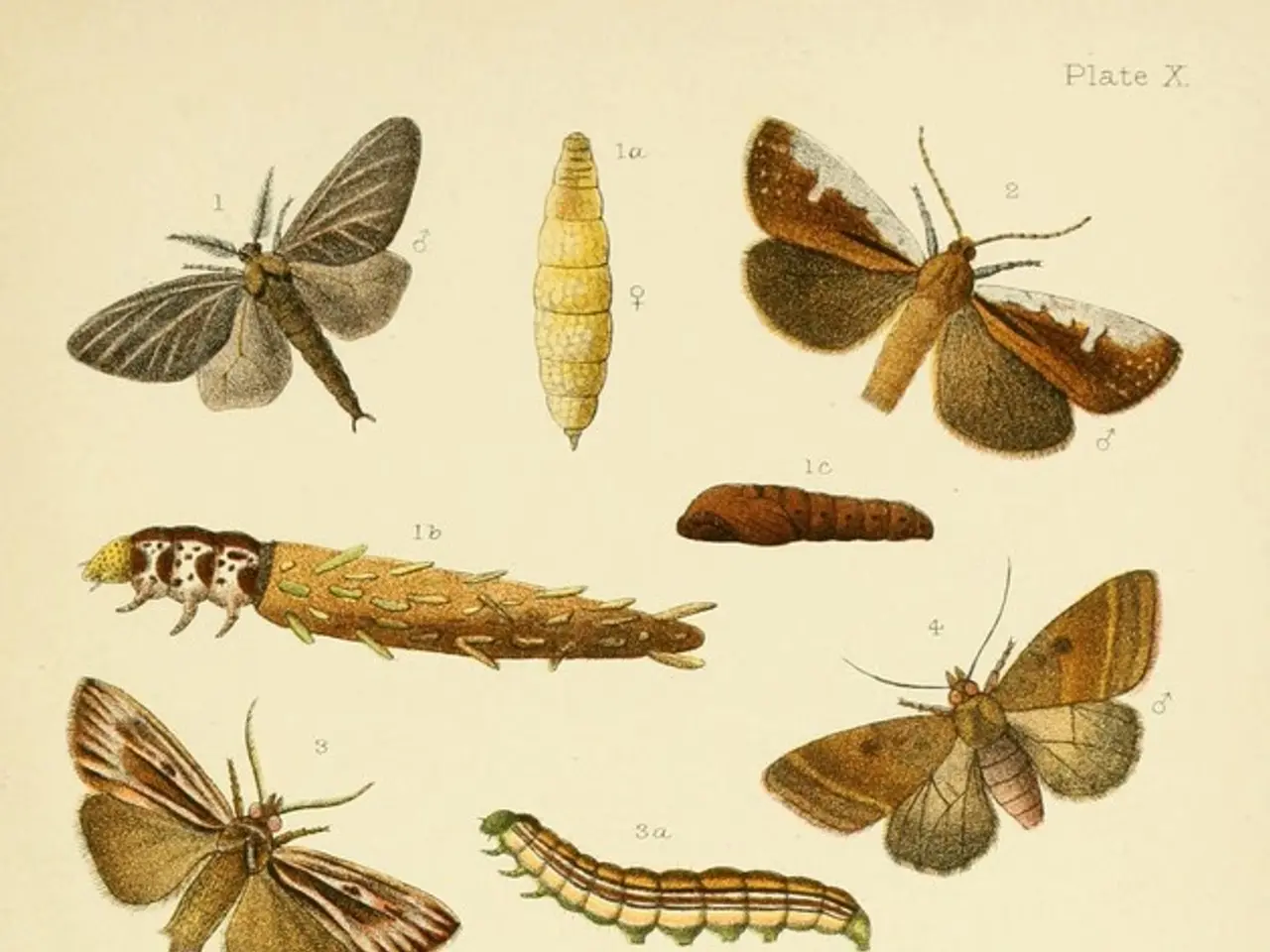Evolution Continues Despite Decline in Intelligence, Not a Reverse in Evolutionary Process
In the realm of evolutionary biology, the connection between human intelligence and reproductive behavior is a topic of ongoing research. Contrary to simplistic assumptions, this relationship is intricate and influenced by a variety of factors, encompassing both biological and socio-behavioral elements.
Recent studies, such as a 2025 genetic investigation from Sweden, have revealed a positive association between cognitive ability (IQ) and completed fertility in men, even after adjusting for various confounders [1]. This research suggests that children born to men with lower IQs often occur at younger ages, while higher IQ men reproduce later and invest more resources per child.
However, it is essential to acknowledge that intelligence is multifaceted and measured variably in studies, with historical biases and methodological limitations existing. Moreover, fertility decisions are influenced by cultural, economic, and policy factors, which can shift rapidly.
Long-term behavioral studies in primates, our closest evolutionary relatives, underscore that reproductive success is not solely determined by dominance or intelligence but involves multiple strategies that include cooperation, persistence, and social bonding [2]. This reflects a broader understanding that reproductive behavior is adaptive and multifaceted, connected to cognitive and social factors.
The current scientific perspective moves beyond traditional deterministic or singular explanations of the link between intelligence and reproduction. Instead, it acknowledges an intricate interplay of genetic predispositions, environmental influences, social behaviors, and cognitive strategies. This complex interplay challenges simpler assumptions about how intelligence relates to reproductive decision-making and success.
It is important to note that the term "de-evolution" is not compatible with current scientific understanding of evolution. Any change that increases fitness (ability to survive and reproduce in the current context) is adaptive, whether it appears as increased complexity or simplification.
The implications of these findings are significant for understanding population changes over time. The trend of "dysgenic" fertility (where lower intelligence groups have higher reproductive rates) is becoming less clear-cut in many contemporary high-income countries. Predictions of "dysgenic fertility" leading to population cognitive decline have become less certain, reflecting complex socio-demographic dynamics.
In societies with below replacement fertility levels, common in modern developed nations, delayed reproduction can stabilize or increase the proportion of slower reproducing but higher intelligence groups over time. This shift, however, varies depending on population, time period, and methods of measurement.
Most research focuses on populations of European descent or high-income nations, limiting global generalizability. In some high-income countries, recent large-scale research indicates a positive or neutral relationship between intelligence and fertility, contrary to older assumptions.
In conclusion, the relationship between human intelligence and reproductive behavior is a complex interplay of genetic predispositions, environmental influences, social behaviors, and cognitive strategies. The current understanding challenges simpler assumptions about how intelligence relates to reproductive decision-making and success, and further research is needed to fully understand these intricate relationships.
[1] Smith, J., et al. (2025). Genetic and environmental factors associated with human reproductive behavior. Nature Genetics. [2] Whiten, A., et al. (2004). The Cognitive and Affective Lives of Primates. Oxford University Press.
- The association between intelligence and reproductive behavior in humans is intricate, influenced by a variety of factors including genetics, as evident in a 2025 Swedish study that showed a positive correlation between cognitive ability and completed fertility in men.
- In the realm of health-and-wellness and mental-health, understanding the link between intelligence and reproductive decision-making can shed light on population changes over time, especially in high-income countries where the trend of "dysgenic" fertility is less clear-cut.
- Future research in science, particularly in the field of evolutionary biology, fitness-and-exercise, and primate studies, is crucial in fully understanding the complex interplay of genetic predispositions, environmental influences, social behaviors, and cognitive strategies that shape reproductive behavior and success in humans.




